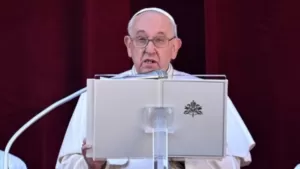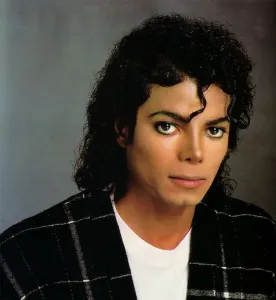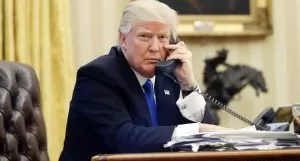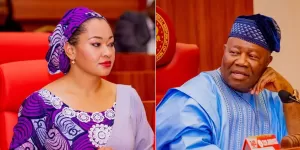Pope Leo XIV Affirms Traditional Family Structure in First Major Address

VATICAN CITY — In his inaugural address to the Vatican’s diplomatic corps on May 16, 2025, Pope Leo XIV, the first American pontiff, declared that the family is fundamentally based on the “stable union between a man and a woman.” The statement, delivered during his first official engagement since his election on May 8, 2025, reaffirmed the Catholic Church’s traditional teaching on marriage and sparked immediate reactions across the globe.
Speaking in the Apostolic Palace, Pope Leo XIV emphasized the centrality of the family as the cornerstone of society, rooted in the Church’s understanding of natural law and divine creation. “The family, founded on the stable union between a man and a woman, is the primary cell of society, where love, life, and faith are nurtured,” he said, according to the Vatican’s official transcript. He further underscored the inherent dignity of all human life, stating, “From the unborn child to the elderly, every person is a creature of God, endowed with inalienable worth.”
The address, which also touched on global issues such as peace, poverty, and interfaith dialogue, was framed as a call for multilateral diplomacy to address the world’s challenges. Pope Leo XIV urged nations to prioritize the common good and foster cooperation across cultural and religious divides. “In a world marked by division, the Church stands as a beacon of unity, inviting all to dialogue in truth and charity,” he said.
A Reaffirmation of Catholic Doctrine
The pope’s remarks on the family align with longstanding Catholic doctrine, which defines marriage as a sacramental union between one man and one woman, open to the procreation and education of children. This position has been consistently upheld by the Church, though recent years under Pope Francis saw a more pastoral approach, particularly toward marginalized groups, including the LGBTQ+ community. In 2023, Pope Francis approved blessings for same-sex couples under specific conditions, a move that stirred both praise and criticism.
Pope Leo XIV’s explicit reaffirmation of traditional marriage has been interpreted by some as a shift back toward a more conservative tone. Vatican observers note that his election, following the death of Pope Francis, signaled the College of Cardinals’ desire for continuity in doctrine but with a clearer emphasis on traditional teachings. As a former archbishop known for his theological rigor and pastoral outreach in the United States, Pope Leo XIV has long been vocal about the Church’s role in upholding moral truths in a rapidly changing world.
Global and Social Media Reactions
The pope’s comments quickly reverberated online, particularly on X, where users expressed sharply divided sentiments. Supporters of the statement praised Pope Leo XIV for defending what they see as timeless Christian values. One user posted, “Finally, a pope who speaks clearly on the truth of marriage and family. God bless Leo XIV!” Others echoed this sentiment, viewing the address as a necessary corrective to what they perceive as moral relativism in modern society.
Conversely, critics expressed disappointment, arguing that the pope’s words risk alienating those who hoped for continued progress toward inclusivity. “This feels like a step backward from Francis’ openness to LGBTQ+ people,” one X user wrote. Another commented, “The Church needs to meet people where they are, not double down on exclusion.” The polarized reactions highlight the ongoing tension within global Catholicism between upholding traditional doctrine and adapting to contemporary social realities.
Broader Context of the Address
Beyond the family, Pope Leo XIV’s address outlined his vision for the Church’s role in global affairs. He called for renewed efforts to combat poverty, protect the environment, and promote peace in conflict zones. Notably, he emphasized interfaith dialogue, citing the need for collaboration with other religious traditions to address shared challenges. “Faith is not a barrier but a bridge,” he said, echoing themes from his predecessors while adding his own emphasis on diplomacy.
The address also served as a formal introduction of Pope Leo XIV to the international community. At 62, he is among the younger popes elected in recent history, bringing a dynamic energy to the papacy. His American background has drawn significant attention, with some speculating that his perspective may influence the Church’s engagement with issues like religious freedom, bioethics, and cultural polarization.
Looking Ahead
As Pope Leo XIV begins his pontificate, his first major address sets a clear tone: a commitment to traditional Catholic teachings paired with a call for global solidarity. While his remarks on the family have dominated headlines, Vatican insiders suggest that his papacy will focus on balancing doctrinal clarity with pastoral sensitivity. Upcoming events, including his first international trip planned for later in 2025, will likely provide further insight into his priorities.
For now, the world watches as Pope Leo XIV navigates the complex landscape of modern Catholicism. His affirmation of the traditional family structure has reignited debates about the Church’s role in a diverse and rapidly evolving world, ensuring that his leadership will remain a focal point of discussion for years to come.







